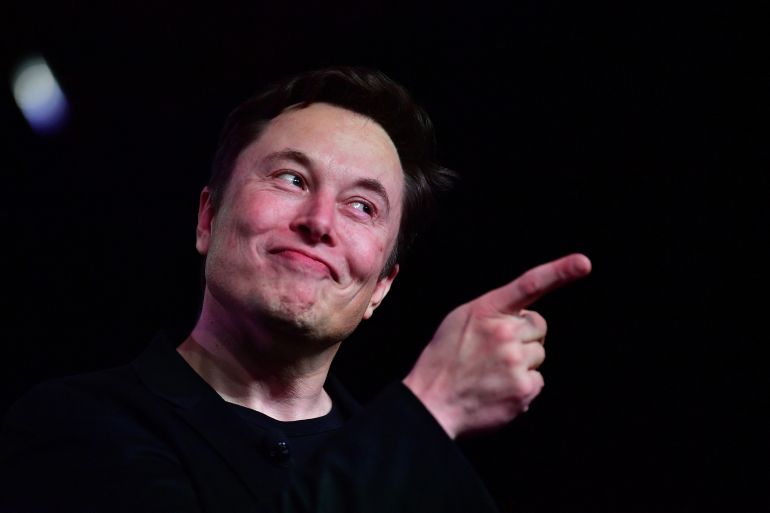
In a bizarre turn of events, comedian Kathy Griffin finds herself at the center of a legal storm after an elaborate prank involving Tesla CEO Elon Musk. What did she do, you ask? Well, Griffin created a paper mache mold of Musk’s face and affixed it to the front bumper of a Tesla. The pièce de résistance was rigging the car to shout, “Me am a GENIUS!” as she drove it around Los Angeles, much to the amusement of passersby.
However, Musk, often portrayed as having a robust sense of humor on social media, did not take kindly to this particular jest. Known for his litigious nature, the tech mogul wasted no time in instructing his legal team to sue Griffin, sparking fears that the lawsuit could “ruin” her financially and professionally. “He’s gonna ruin me,” Griffin reportedly lamented, as the reality of Musk’s wrath began to sink in.
Griffin’s prank, while intended as a harmless joke, has landed her in hot water. The comedian, who has a history of controversial humor, now faces a daunting legal battle. Musk’s lawyers have filed a lawsuit claiming defamation and seeking substantial damages for what they describe as a malicious attack on his character and brand.
Adding a twist to the saga, reports surfaced that Musk himself has suffered a mishap. According to sources, his car crashed, and he is currently recuperating from an injury that, in a cruel twist of irony, has him “resting with his nose in his anus.” The bizarre accident has only intensified the media frenzy surrounding the case.
As Griffin publicly pleads for Musk to drop the lawsuit, the incident raises questions about the boundaries of humor and the consequences of pranks in the digital age. While comedians often push the envelope to provoke laughter and thought, this episode underscores the potential fallout when the target of the joke is a powerful figure unamused by the jest.
Griffin’s plea for clemency reflects her growing desperation. “It was just a joke,” she insists, highlighting the comedic intent behind the stunt. Yet, with Musk’s reputation for relentless pursuit of perceived slights, the prospect of a legal resolution seems increasingly unlikely.
The court of public opinion remains divided. Some see Griffin’s actions as a bold, albeit risky, exercise of free speech, while others view it as a step too far in the realm of public mockery. As the legal proceedings unfold, one thing is certain: the intersection of comedy and corporate power is more fraught than ever, with real-world implications for those who dare to blur the lines.
In the meantime, Griffin continues to navigate the fallout from her prank, hoping for a resolution that spares her from financial and professional ruin. Whether Musk will relent remains to be seen, but the incident serves as a stark reminder of the high stakes involved in the world of high-profile satire.

